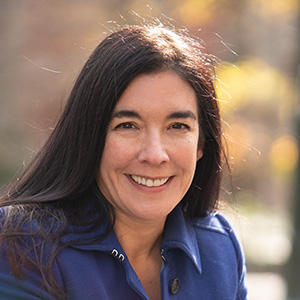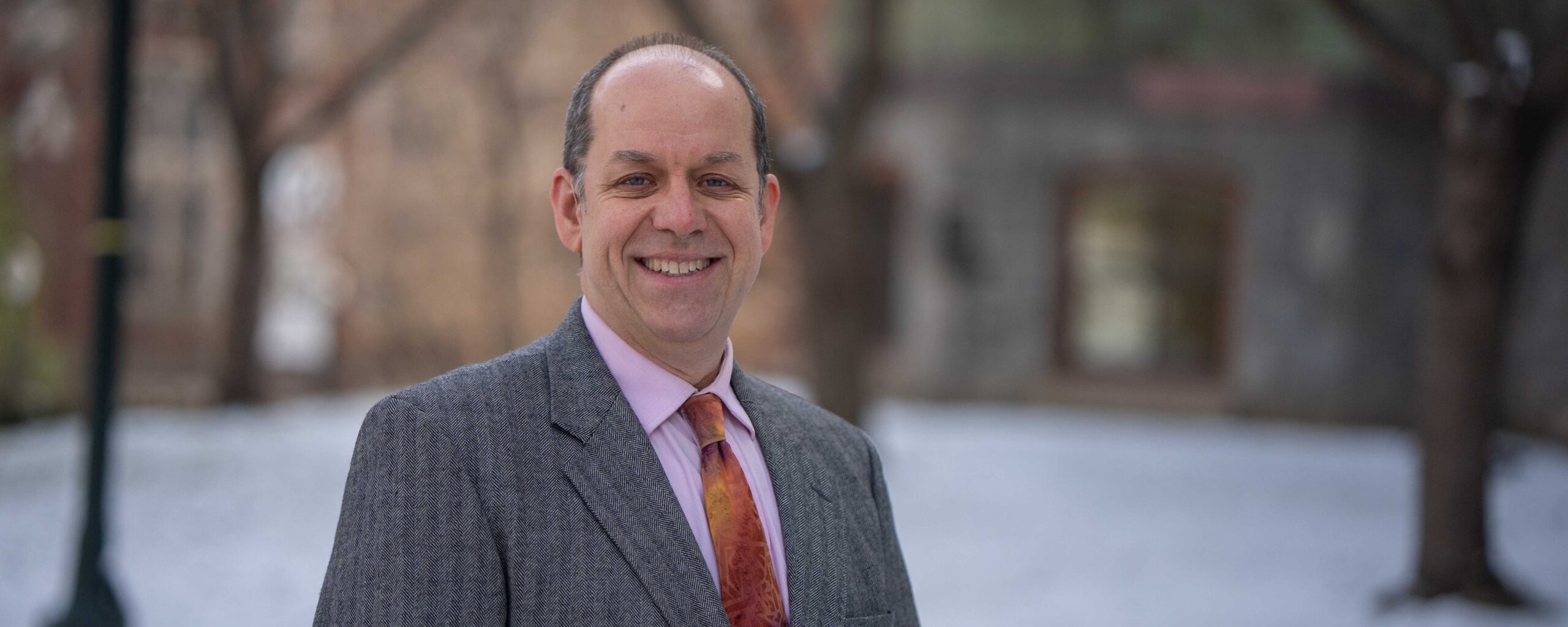Regional differences in Covid-19 vaccination rates in the United States can be stark, with some states reporting that only half of their residents have completed the primary series of doses, while others report rates well above the national average of 70%. There are many reasons why these differences persist, from disparities in access to healthcare to myths about vaccines. A new study from a team of researchers from the Annenberg Public Policy Center (APPC) and the Social Action Lab at the Annenberg School for Communication (ASC) looked into one of these variables: social norms around vaccination and how they can be shaped by state laws and policies regarding vaccination.

“When a government implements a policy, you expect it to shape people’s behavior because policies directly channel people to perform certain behaviors,” says lead author Bita Fayaz-Farkhad, research assistant professor at ASC. “We investigated another mechanism — whether there is a link between policy and behavior through changing social norms in a society.”
The researchers found that pro-vaccination policies, like increasing funding for immunization programs or encouraging parents to vaccinate their children, positively shape social norms around vaccines — leading people to see vaccination as a normal part of life. The researchers carried out a survey and five experiments to identify how state-by-state policies affect social norms around vaccination.
The team included Fayaz-Farkhad; Dolores Albarracín, who directs APPC’s Communication Science division and is the Alexandra Heyman Nash Penn Integrates Knowledge University Professor; former Social Action Lab research associate Haesung Annie Jung; and former APPC postdoctoral rellow Christopher Calabrese.
According to Albarracín, “the six studies provide robust evidence that policies can foster a culture of vaccination by signaling what constituents approve of and do. As policies create norms, communicating about positive initiatives may be the fastest way to increase vaccination. Unfortunately, this research also highlights the downstream perils of failing to make vaccination recommendations when the science supports such recommendations.”
Vaccinations During Flu Season
During the 2018–2019 influenza season, as part of a project at APPC, the researchers polled a nationally representative sample of American adults about their beliefs regarding the flu vaccine and their intentions to get vaccinated. At four different points during the flu season participants answered the following questions on a scale of 1 to 4 — one being “not important at all” and four being “very important”:

- How important, if at all, do you think it is that most people in your community get the flu vaccine?
- Think about the people important to you. How likely, if at all, are they to want you to get the flu vaccine this flu season?
- How likely, if at all, are you to get the flu vaccine before or during this flu season?
Researchers used their answers to calculate state-level “norm scores” and compared them to state-level immunization laws and policies.
“The scores showed that people in states with policies designed to promote vaccination had more positive social norms about vaccination and higher intentions to vaccinate,” Fayaz-Farkhad says.
Read the full press release about this work on vaccination and vaccination rates from ASC here.

